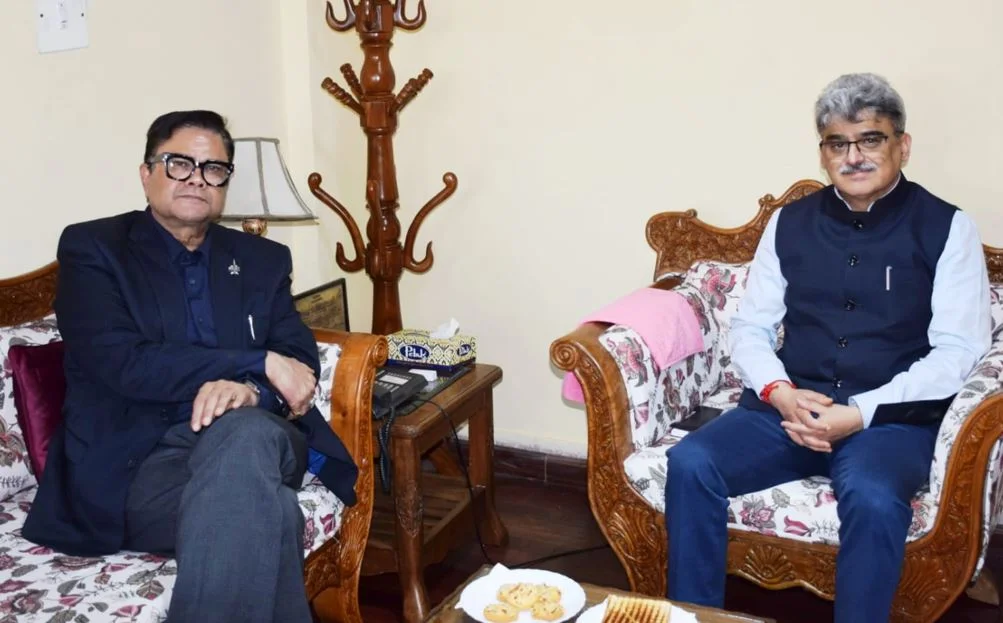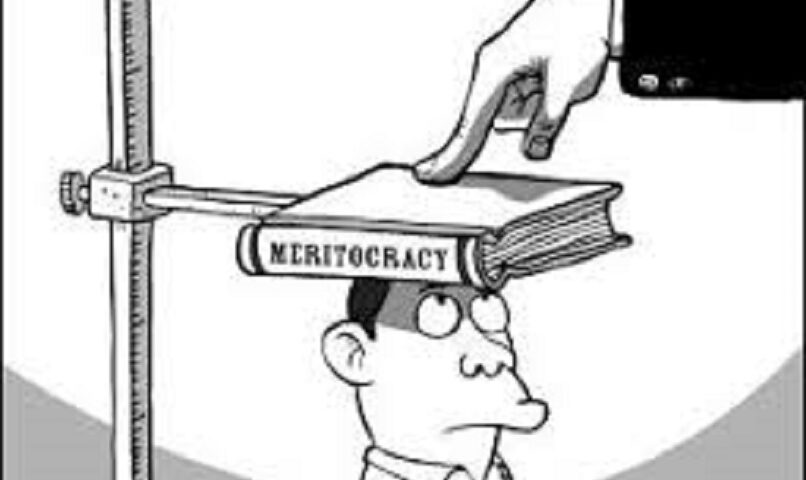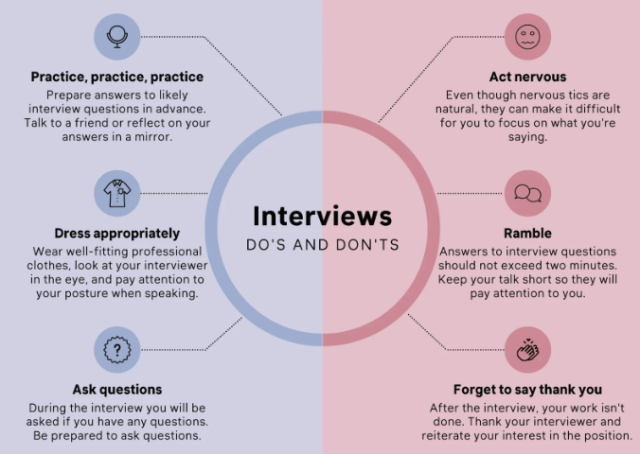A Bold Step Toward Educational Transformation
By: Javid Amin | Srinagar
On September 30, 2025, during a high-level review meeting held at SKICC Srinagar, Union Secretary of School Education and Literacy, Sanjay Kumar, made a significant proposal that could reshape the education system in Jammu and Kashmir.
He called for abolishing the Class 11 board examination, emphasizing the need to streamline assessment methods, reduce academic pressure, and align state practices with the National Education Policy (NEP) 2020.
The Review Meeting: Who Was Present?
The meeting was attended by top officials and education stakeholders, including:
-
JKBOSE (Jammu & Kashmir Board of School Education) representatives
-
SCERT (State Council of Educational Research and Training) officials
-
Directors of School Education from both Kashmir and Jammu divisions
This gathering underlined the seriousness of the discussions, reflecting a push for systemic reforms across school education in the region.
Key Highlights of Sanjay Kumar’s Recommendations
01. Abolishing Class 11 Board Examinations
-
Kumar stressed that Class 11 board exams often overlap with Class 12 assessments, creating unnecessary academic pressure on students.
-
Eliminating these exams would allow students to focus more on conceptual understanding, project work, and holistic learning.
-
The move is also meant to ensure smooth continuity from Class 10 to Class 12 without the disruption of another high-stakes board exam.
02. Boosting Enrolment in Government Schools
-
One of the biggest challenges in J&K is declining student enrolment in government schools.
-
Kumar suggested targeted interventions, modern infrastructure upgrades, and improved teaching quality to restore trust in public institutions.
03. Mainstreaming Out-of-School Children
-
The issue of out-of-school children (OOSC) was flagged as a priority.
-
Kumar directed officials to create special programs and bridge courses to integrate these children back into the education system.
04. Strengthening Pre-Primary Education
-
Early childhood learning forms the foundation of later academic success.
-
He emphasized establishing well-equipped pre-primary classrooms and training teachers for activity-based, child-friendly learning.
05. Vocational & Skill-Based Learning
-
Schools must go beyond academics, Kumar argued.
-
He called for wider integration of vocational education and skill-building modules, preparing students for future employability and entrepreneurship.
06. Infrastructure & Human Resource Management
-
The Secretary directed departments to focus on school infrastructure upgrades—from classrooms and digital labs to sports facilities.
-
He also pointed to the need for better teacher training, rational deployment of staff, and improved resource utilization.
Why Target Class 11 Board Exams?
The NEP-2020 strongly emphasizes reducing exam-centric stress and encouraging holistic development.
-
Class 10 board exams already serve as a major checkpoint in a student’s academic journey.
-
Class 12 board exams are crucial for university admissions.
-
But Class 11 exams often add an extra burden without offering proportionate benefits.
By abolishing the Class 11 board, J&K can:
-
Align better with NEP-2020 reforms.
-
Provide students with continuous, formative assessments instead of one-shot evaluations.
-
Allow greater focus on skills, extracurriculars, and conceptual depth in Class 11.
Challenges Ahead
While the proposal has been welcomed by many educators, some challenges remain:
-
Will students take Class 11 seriously without a board exam?
-
How will JKBOSE redesign the assessment framework?
-
Will teachers and schools adapt to continuous evaluation methods instead of annual exams?
-
How will this reform balance with the unique socio-political and educational challenges in J&K?
Expert Opinions
Education experts in the Valley have expressed mixed reactions.
-
Supporters say this reform will reduce exam stress and help students focus on learning, not rote memorization.
-
Critics worry it may lower accountability and cause students to lose seriousness in Class 11, affecting performance in Class 12.
A senior JKBOSE official told reporters:
“The idea aligns with NEP, but we need to carefully redesign assessments so that students remain motivated. Removing the exam is just one part of the reform; building a strong learning culture is the real challenge.”
Implications for Students & Parents
-
Students may find relief from exam stress and get more space for exploring skills, extracurriculars, and vocational opportunities.
-
Parents may worry about how the absence of a Class 11 board exam affects future academic discipline.
-
Schools will need to restructure curriculum planning, assessments, and internal exams.
Bottom-Line: Toward an NEP-Driven Future
The proposal to abolish the Class 11 board exam in Jammu & Kashmir marks a significant shift in education policy.
If implemented, it would:
-
Ease academic pressure on students.
-
Improve continuity between Classes 10 and 12.
-
Align J&K’s education system with the vision of NEP-2020—focusing on holistic development, skill learning, and inclusivity.
The coming months will reveal how JKBOSE and state education bodies respond. But one thing is clear: Jammu and Kashmir is preparing for a future where education goes beyond exams and embraces true learning.




